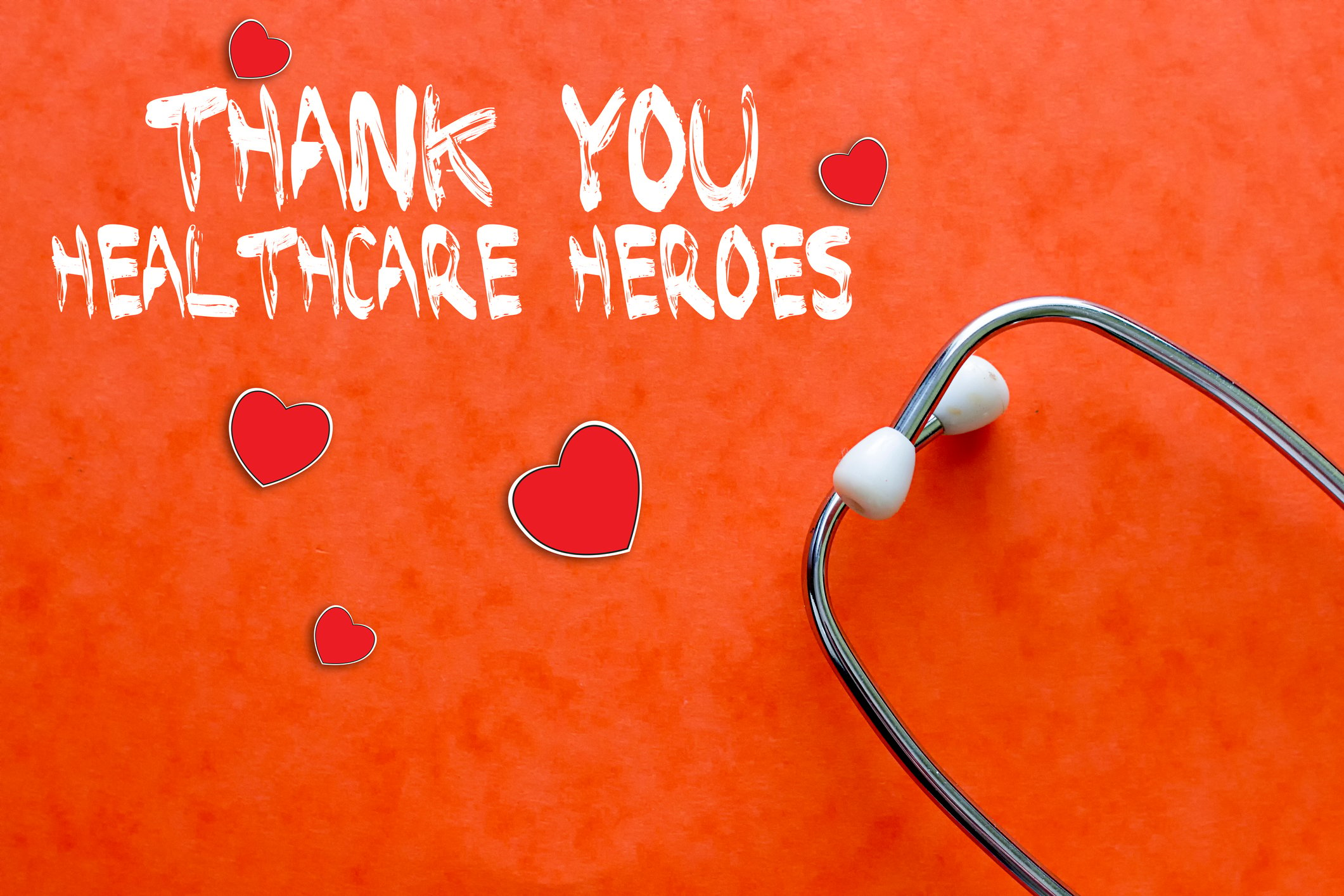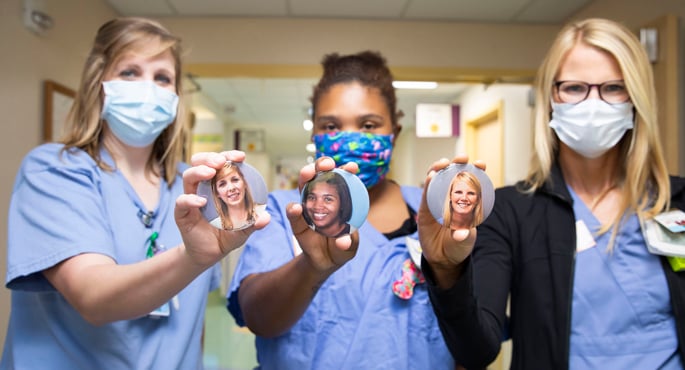
Healthcare workers across the country are fighting tirelessly against COVID-19. They're wearing head to toe PPE around the clock. They're hot and frustrated while wearing it, and… they also lose their identity. Patients just see masks, suits, gloves, and goggles. Hospital staff wants this to change.
"Share Your Smile" and the "Button Project" are just 2 examples of a small, but positive movement. To look less intimidating to patients, healthcare heroes are attaching large photos and buttons of their faces, to their PPE.
The goal of these projects is to eliminate or reduce a level of fear and anxiety for patients, especially children, who find comfort in seeing the smiling faces of healthcare team 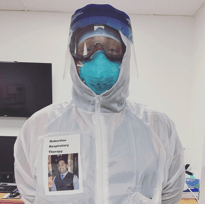 members.
members.
San Diego respiratory therapist Robertino Rodriguez started the "Share Your Smile" idea. Rodriguez said, “Yesterday I felt bad for my patients in ER when I would come in the room with my face covered in PPE. A reassuring smile makes a big difference to a scared patient. So today I made a giant laminated badge for my PPE so my patients can see a reassuring and comforting smile.”
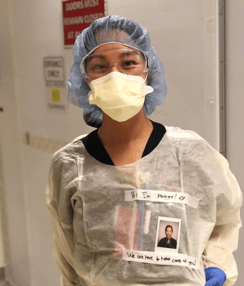 The movement is catching on amongst health care workers. Peggy Ji, an ER Doctor in Los Angeles, wrote on Instagram, "I was inspired by Robertino Rodriguez who works as a respiratory therapist in this COVID pandemic. I didn’t have a preprinted photo or a color printer so my polaroid will have to do. I wanted to bring a personal touch to caring for patients through my PPE. My hope is that our patients will know there’s a reassuring smile under this mask, and that we’re here for them."
The movement is catching on amongst health care workers. Peggy Ji, an ER Doctor in Los Angeles, wrote on Instagram, "I was inspired by Robertino Rodriguez who works as a respiratory therapist in this COVID pandemic. I didn’t have a preprinted photo or a color printer so my polaroid will have to do. I wanted to bring a personal touch to caring for patients through my PPE. My hope is that our patients will know there’s a reassuring smile under this mask, and that we’re here for them."
Nurse Derek also posted a photo of himself and fellow coworkers on Instagram saying, "thought it was a beautiful way to bring ease to our patients during this stressful time. Thank you to all the healthcare workers out there for battling on the frontlines."
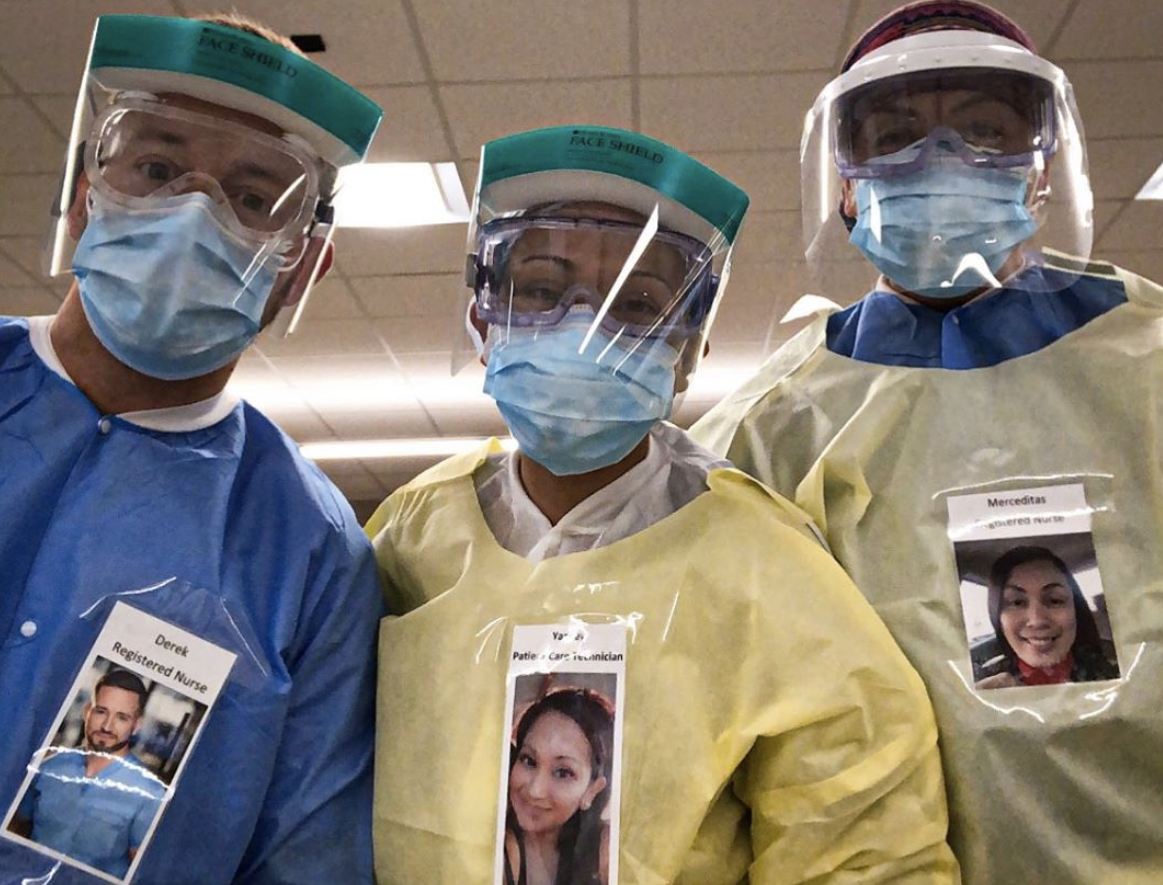
The Button project holds the same meaning and started at Monroe Carell Jr. Children’s Hospital at Vanderbilt.
Adelaide Vienneau, Director of the Children’s Hospital Family Resource Center (FRC) said, “When we were asked to take the lead on this project, I immediately said, ‘yes.' The FRC team likes finding solutions for staff and providing resources to assist patients and families in having the best possible experience during their health care visit. We are delighted with the anecdotal comments on how the photo buttons have been well-received.”
Any time in the hospital as a patient is a scary time for the patient. The personal connection is so important, but difficult to achieve with all of the PPE. What a simple, yet creative way to put patients at ease to feel a more personal connection with the healthcare team.
What is your place of employment doing about this? Please share with our community. Thank you!


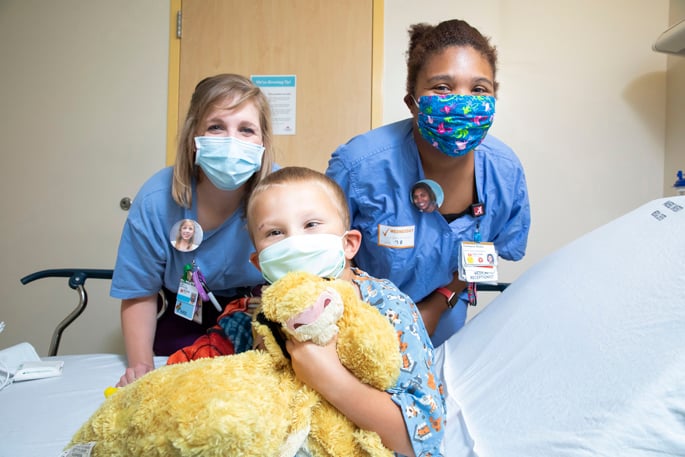

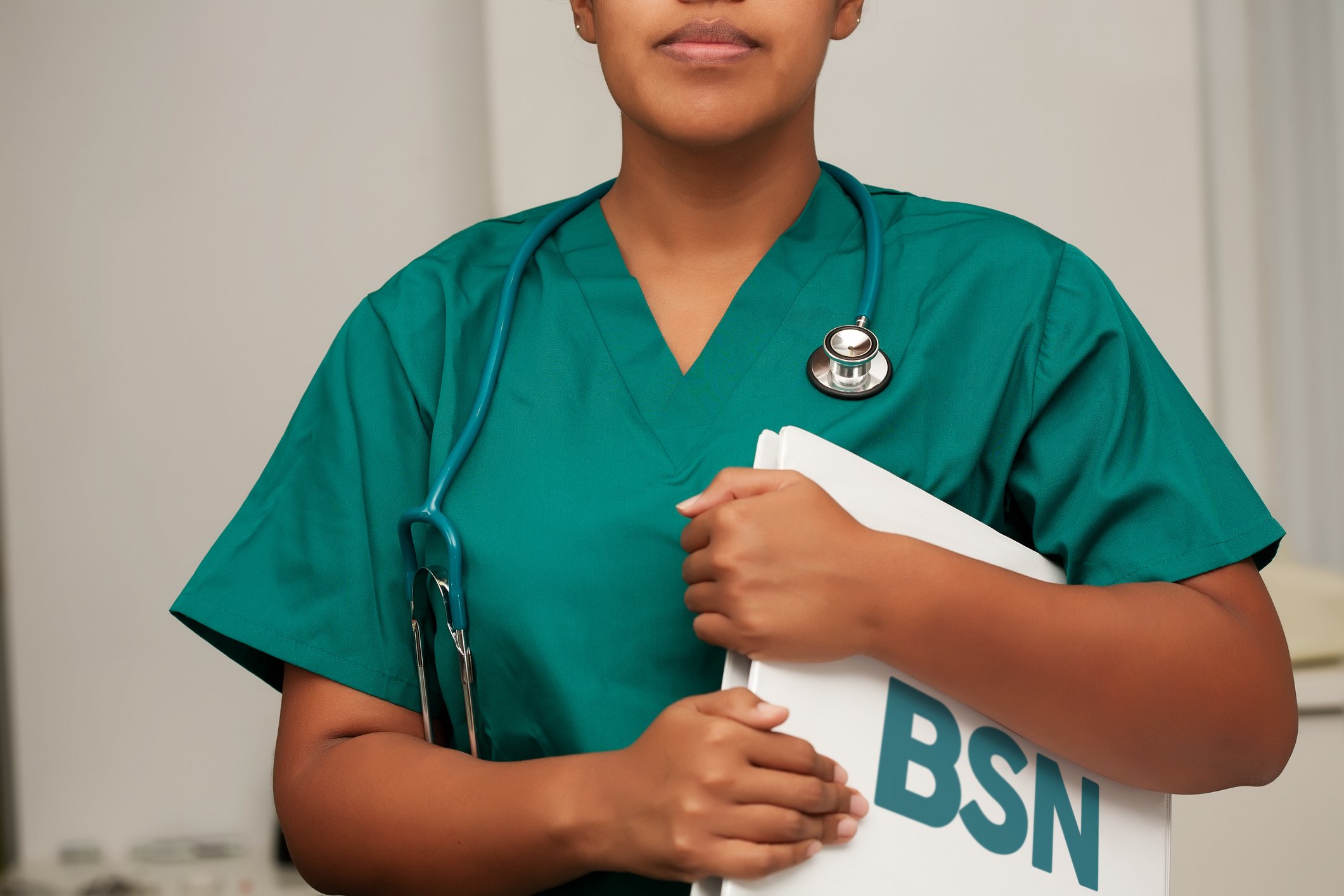
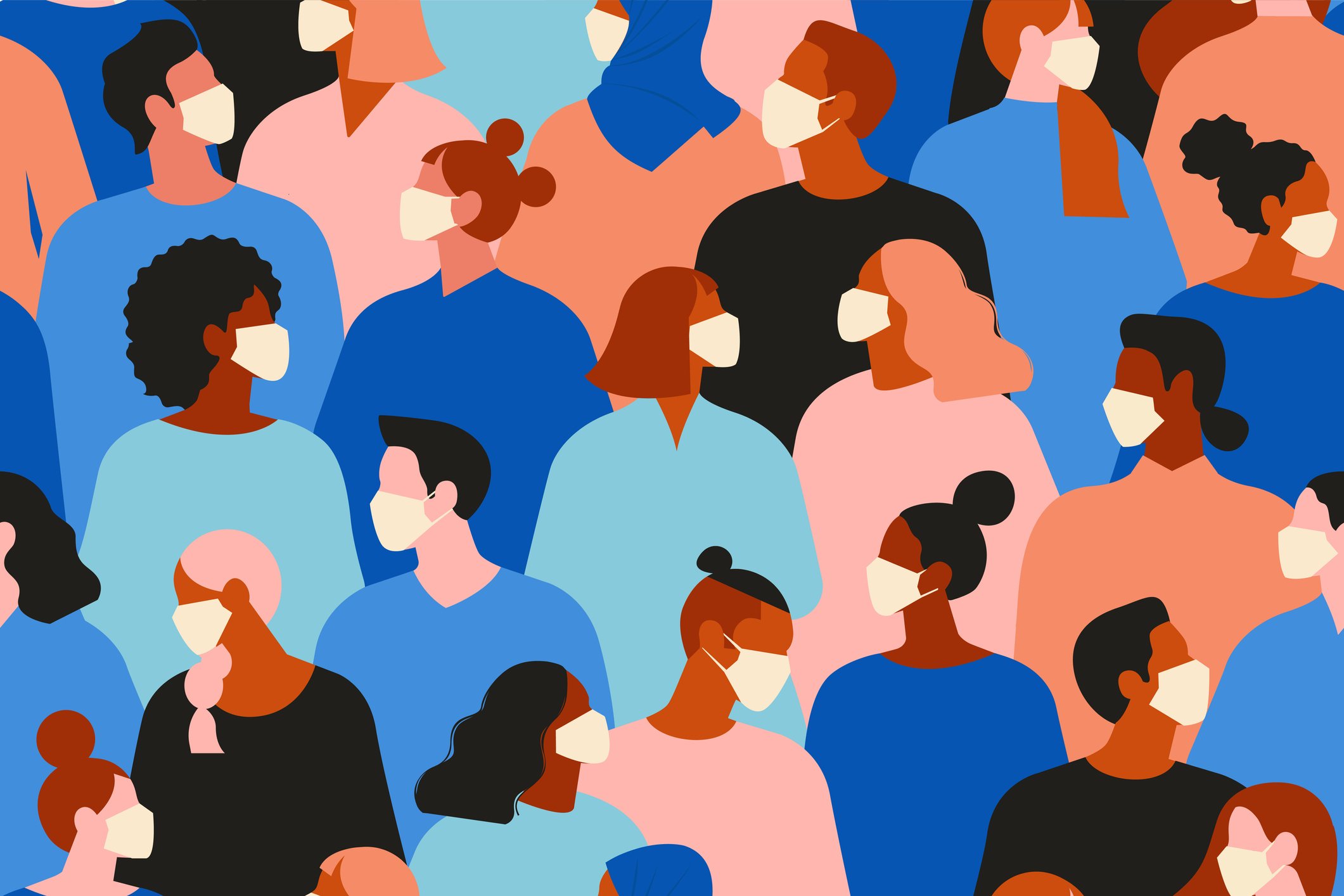 COVID-19 has shone a light on how
COVID-19 has shone a light on how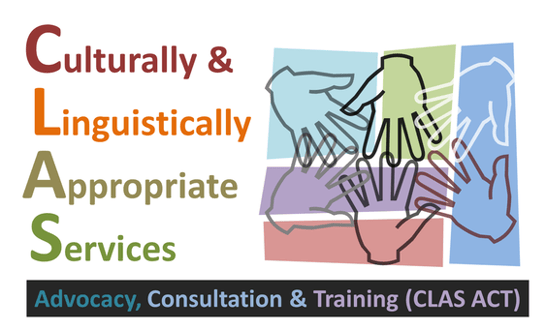
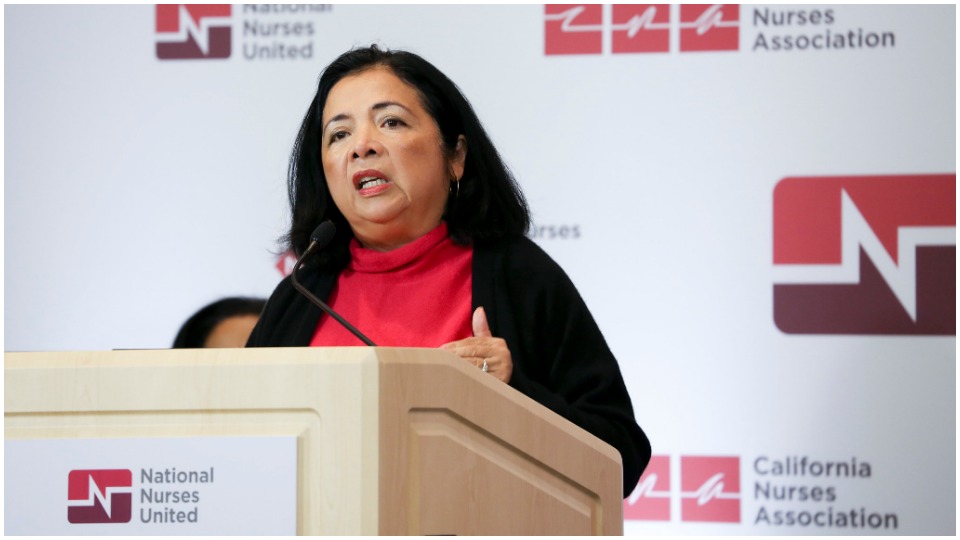 Bonnie Castillo, is the Executive Director of National Nurses United (NNU) and a former Intensive Care Nurse.
Bonnie Castillo, is the Executive Director of National Nurses United (NNU) and a former Intensive Care Nurse. 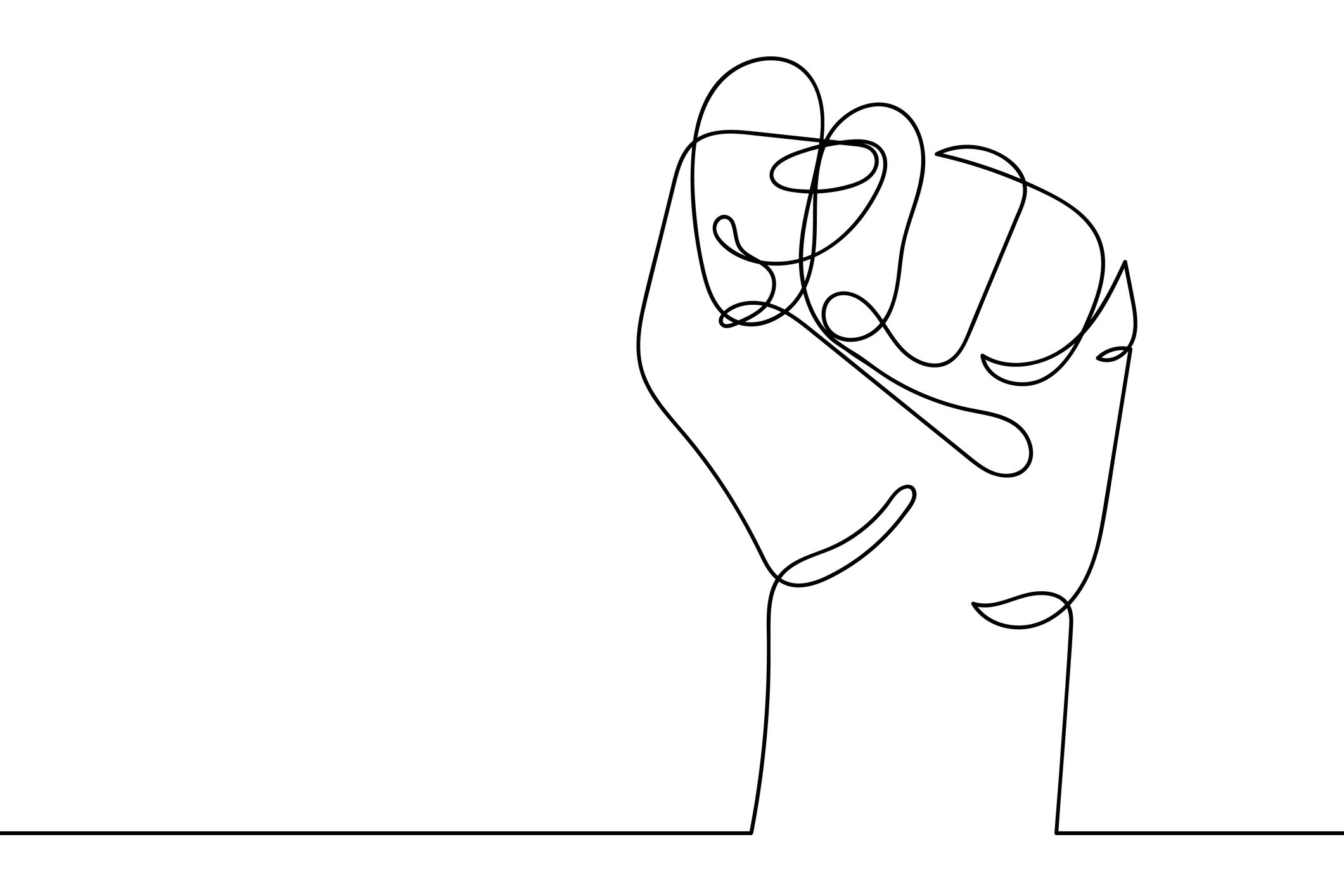 Black Lives Matter protests are happening all across America and as people take to the streets to protest, medical workers are doing their part in supporting protesters.
Black Lives Matter protests are happening all across America and as people take to the streets to protest, medical workers are doing their part in supporting protesters.
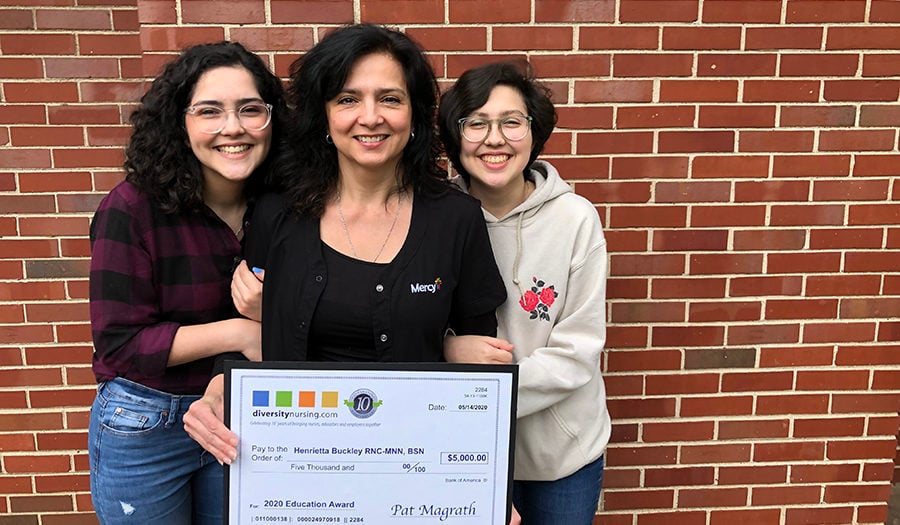 DiversityNursing.com announced the Winner of their 2020 DiversityNursing.com $5,000 Education Award. We are delighted to announce our Winner is Henrietta Buckley of St Louis, MO! Henrietta has enjoyed her career as a Nurse for 19 years and is currently working on her Master’s degree in Nurse Education.
DiversityNursing.com announced the Winner of their 2020 DiversityNursing.com $5,000 Education Award. We are delighted to announce our Winner is Henrietta Buckley of St Louis, MO! Henrietta has enjoyed her career as a Nurse for 19 years and is currently working on her Master’s degree in Nurse Education.